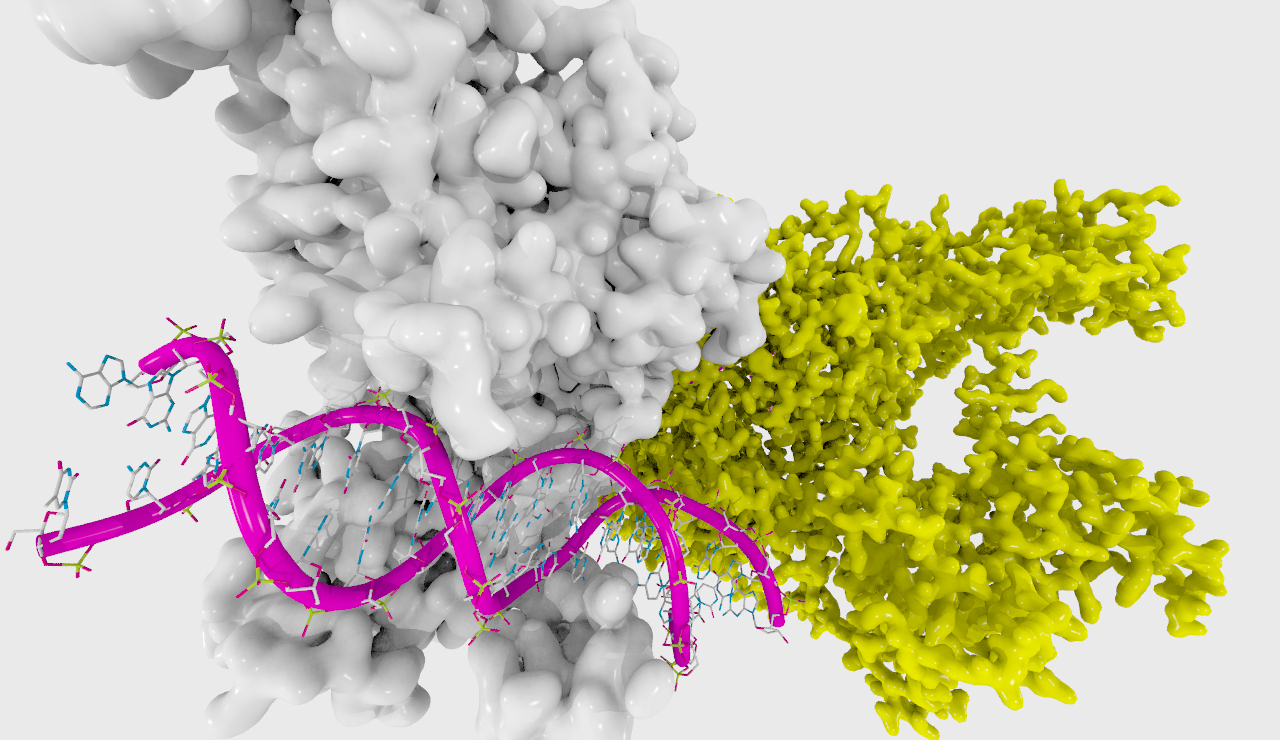
March 31, 2017, by Brigitte Nerlich
Epigenetics, hype and woo
A couple of weeks ago I noticed a new twitter account: @EpigeneticsBs (short for ‘epigenetics bullshit’). Its mission is to make epigenetic ‘bullshit’ public, or as it says: “There’s a lot of #epigenetics pseudoscience & quackery out there. We RT some of it for your edification and entertainment.” These (re)tweets are produced by people working at “an actual science lab”.
I knew that there was quite a lot of epigenetic hype out there, but I didn’t know how weird things could get until I began following @EpigeneticsBs. After a particularly strange retweet, the computational biologist Grant Jacobs asked: “Some #epigenetics nonsense is a little *too* weird… so it’s sin and the Illuminati, eh? (Good grief, what next…?)”.
I then asked why epigenetics in particular was so prone to this type of mis-appropriation. Grant and @EpigeneticsBs said that this was because epigenetics was “fast becoming the new ‘quantum’ :-/ (Deepak Chopra for e.g. uses it this way.), “‘you’re not stuck with your genes – you have control’ is a good story (& a good way to sell alternative medicine)?”, and “because it’s mysterious to those who don’t know what it is, in the way that ‘quantum’ is played on too”.
Criticising (epi)genetic determinism
This reminded me of a presentation I gave in Munich in January this year, where I talked about the history of the word ‘plasticity’ in neuroscience and epigenetics and also made a detour into epigenetic hype. This was not the first time I had worried about this. In 2013 I gave a talk at our Institute for Science and Society seminar series, where I railed a bit against the rise of what I then called epigenetic woo or ‘epi-woo’. Back then I didn’t think it would get that bad.
Strangely, this topic (of epi-woo, epi-hype, epi-bullshit etc.) has not yet attracted a lot of attention in the mainstream social science literature. There are some indirect reflections on this, as some social scientists worry about an emerging epigenetic determinism (“or the belief that epigenetic mechanisms determine the expression of human traits and behaviors”) in parts of epigenetic science and popular media.
Social science reflections on epigenetic determinism are not surprising, as genetic determinism has been the main target of social scientists’ ‘critique’ of genetics for many years, alongside ‘reductionism’, ‘neo-reductionism’ and, more recently, in the context of epigenetics, ‘the central dogma’ of genetics, which, they say, “stated the strict one-side flow of information from DNA to RNA” (Meloni, 2014).
Epigenetics seemed, at least for a while, to disturb, indeed reverse, this apparent linear thinking of ‘genes’ ‘determining’ ‘us’. But many social science observers now argue that “epigenetics does not replace so much as build on and alter existing notions of reductionism and determinism” (see, Mansfield, 2017: 4 )
It should be stressed however that, while some high-profile geneticists and epigeneticists may use deterministic, ‘dogmatic’ and ostentatious language, most scientists working in the field have more complex, nuanced and modest views that don’t resemble the bogeyman or indeed straw men of ‘(epi)genetic determinism’ and ‘central dogma’ that are so conveniently invoked (and then criticised) by some social scientists when discussing advances in genetics and genomics.
Selling epigenetic enhancement
While the destruction of genetic determinism and central dogma (straw men) and their progeny keep some social scientists busy, they tend to overlook how these constructs are appropriated by proponents of epi-woo. They equate determinism with ‘fatalism’, claim that the ‘central dogma’ has now been shattered, and that “[y]ou actually have a tremendous amount of control over how your genetic traits are expressed” – through epigenetics! Just have a look at this table retweeted by @EpigeneticsBs‘s which seems to have been taken from a book entitled Potentiate your DNA: a practical guide to healing & transformation with the regenetics method.
This is a clever framing and part of a marketing move that promises to free individuals from genetic ‘fatalism’ and to enable them to engage in what one might call ‘the intelligent design of the self’. The spectre of genetic determinism is replaced here by the mirage of epigenetically enabled self-determinism. Many of the retweets collected by @EpigeneticsBs feed these great expectations of epigenetic self-enhancement. This is quite dangerous.
Some historians of science may contribute inadvertently to shoring up such hype when they say, for example: “The way it’s looking with epigenetics is we’re going to have tools that allow us to modify our character, the way our body works, the way our mental processes work, in very profound ways at any point in our lives, so we become a genetic work in progress.” (Michael Bess, author of Our Grandchildren Redesigned: Life in a Bioengineered Society, Vox, 2016)
Such hype might be overlooked by some social scientists engaging in what Timothy Caulfield calls “ethics hype”, that is, exaggerating not the “value of near-future applications of research results” but rather exaggerating speculative ethical dilemmas regarding, for example, epigenetics and eugenics.
In the context of epigenetics, ethical, legal and social reflections (as well as Responsible Research and Innovation) should perhaps focus more on the politics of promises and expectations promulgated by an ‘alternative epigenetics’ industry, rather than indulging in ethics hype.
In conclusion
In the past, we had ‘quantum woo‘; now we seem to have epi-woo. As James Watson once said in rather blunt terms, “epigenetics is used for a lot of crap”. I am glad @EpigeneticsBs keeps track of it. This might help with the “challenges faced when moderating societal discussion of epigenetics in ways that expand excitement whilst deflating (what researchers regard as) unrealistic expectations” (Pickersgill et al., 2016), both in terms of hopes and fears.
No comments yet, fill out a comment to be the first

Leave a Reply